-
Best Practices While Conducting Oral History Interviews with Marginalized Communities.
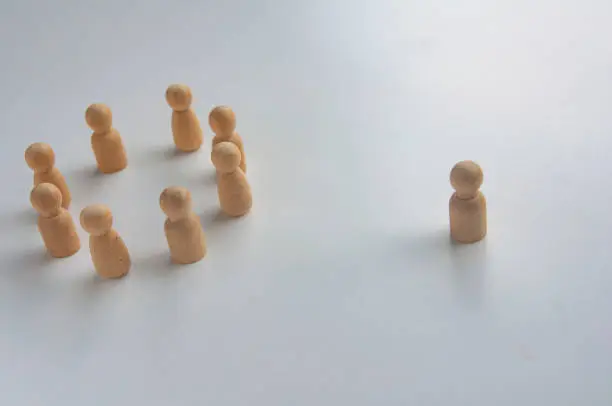
Oral history’s marginalized communities are those whose stories have been historically excluded or silenced. This includes people of color, women, LGBTQ+ people, people with disabilities, people from low-income backgrounds, immigrants, refugees, rural communities, religious and political minorities, and survivors of trauma or violence. Marginalized communities are often underrepresented in oral history collections because they have…
-
How to Transfer Audio from Zoom H1n to Computer
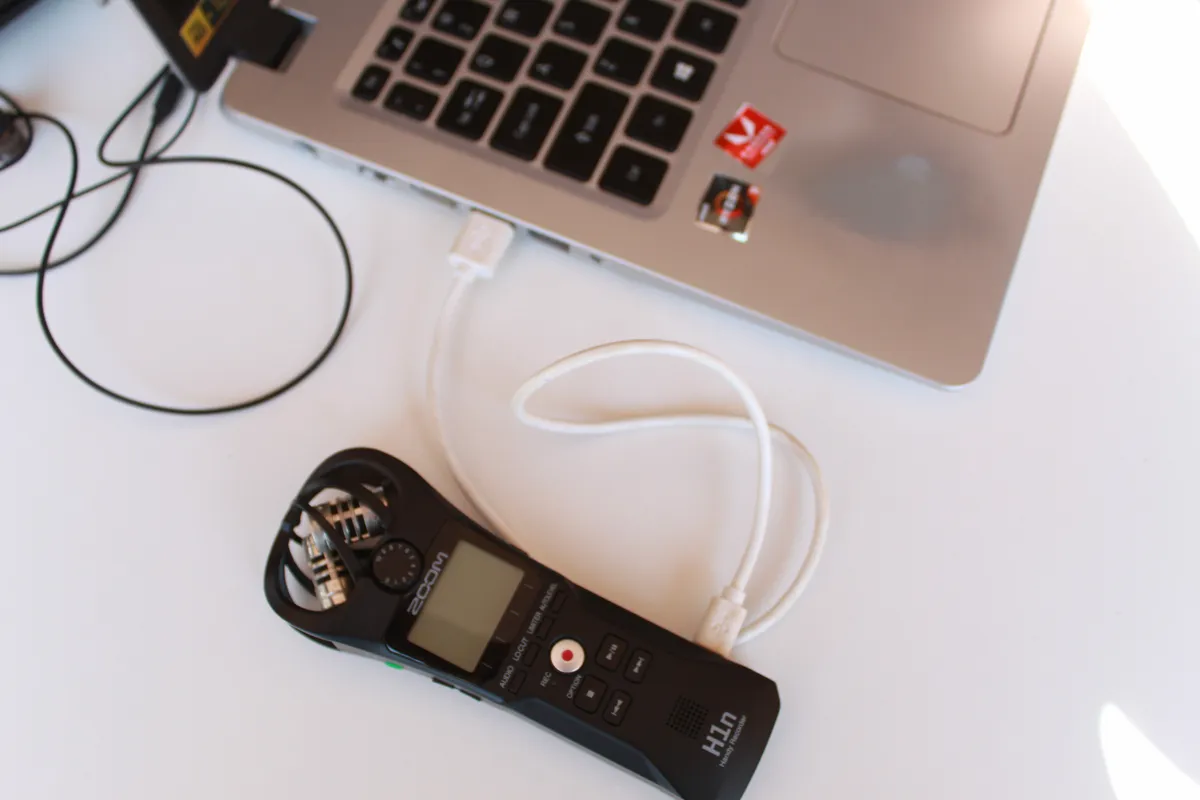
In this post, I show you how you can transfer your audio files from the Zoom H1n to your computer. This is the final post in this series on how to your use Zoom H1n to record your oral history interviews. The first post in this series was a how to guide on how to…
-
How to set the right microphone sensitivity on the Zoom H1n
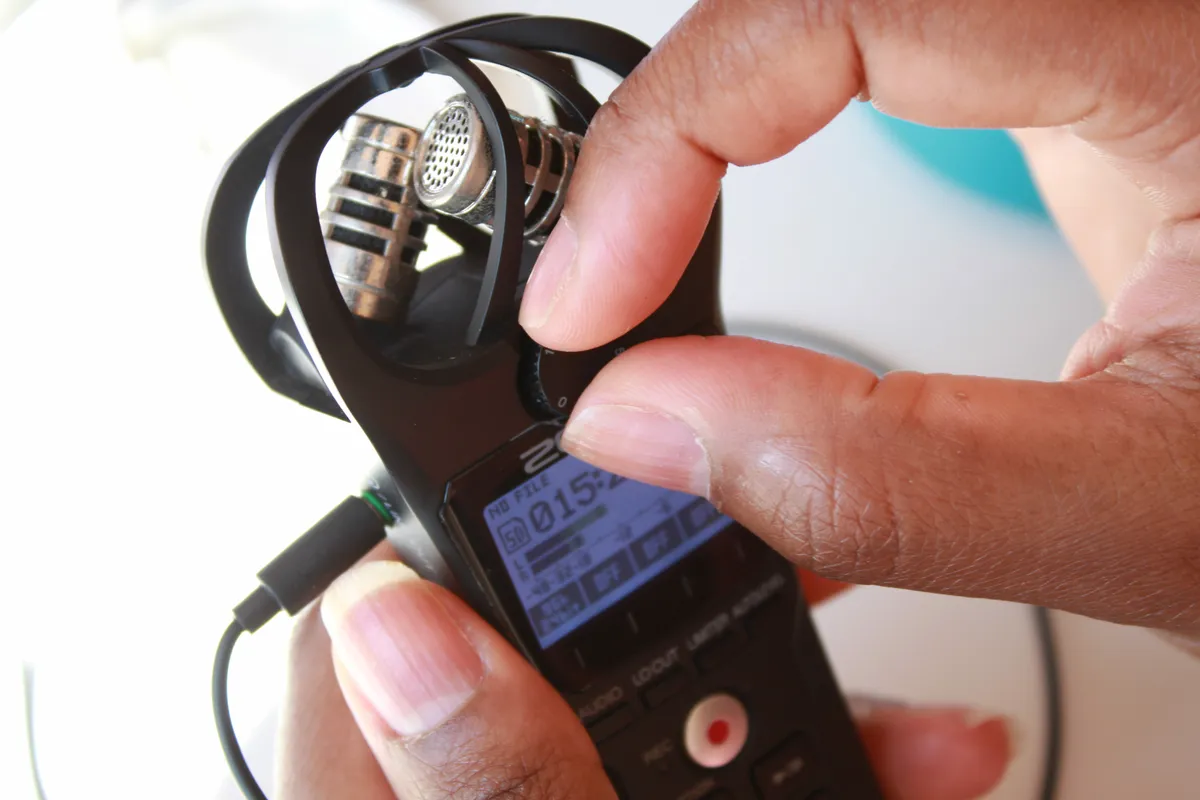
In this post, I am going to show you how to set right the microphone sensitivity on the Zoom H1n for your oral history interviews. This is the third post in this tutorial series on how to use your Zoom H1n to record your oral history interviews. The first post in this series was a…
-
How to Set Recording Format on the Zoom H1n for Oral History Recordings
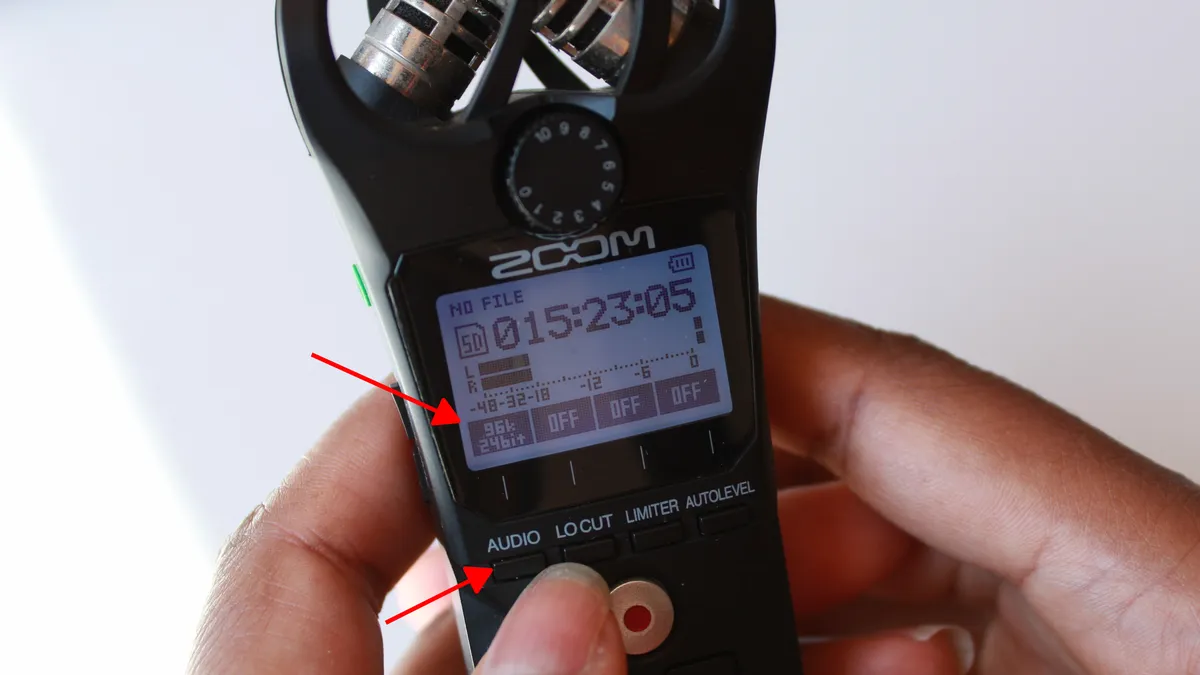
In this post, I will guide you on how to set the recording format on the Zoom H1n. This is the second post in this tutorial series on how to use your Zoom H1n to record your oral history interviews. The first post in this series was a how to guide on how to format…
-
How to Format microSD card using Zoom H1n
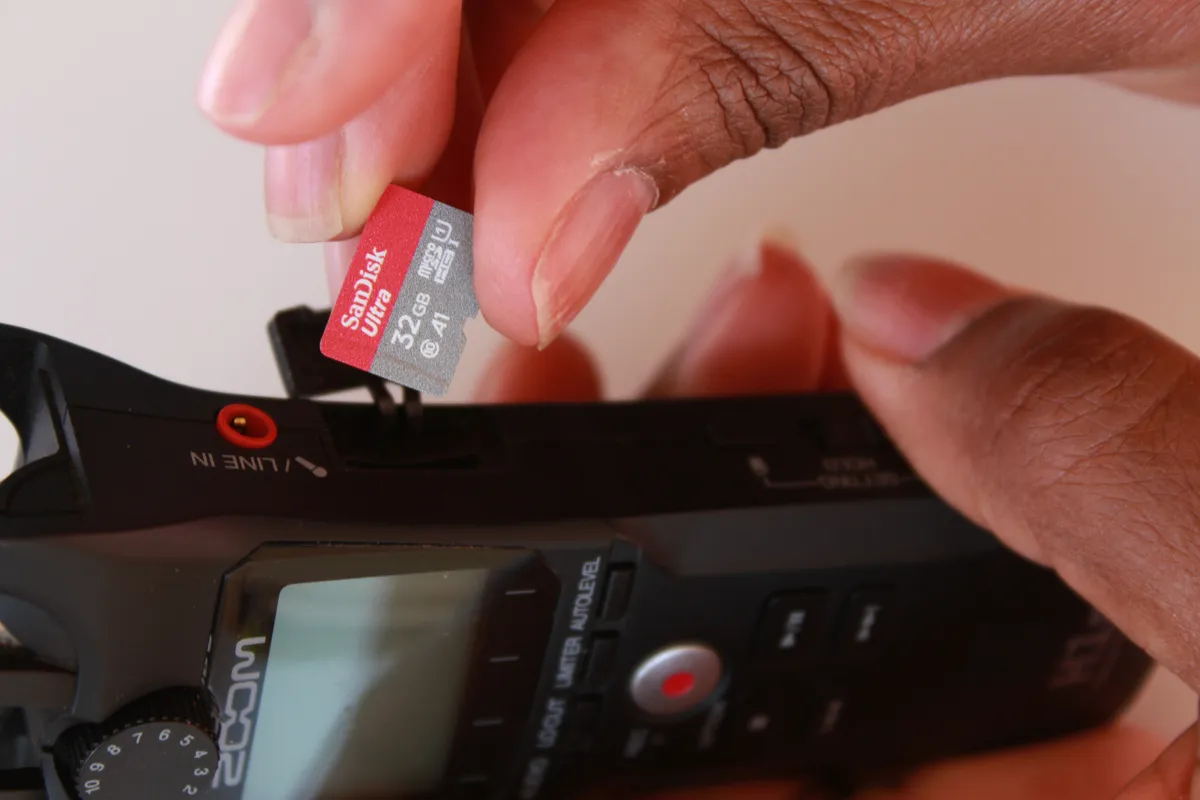
In this blog post I am going to share with you a step by step guide on how to format a microSD card using the Zoom H1n. Why? Well, I recently had a chat with an oral historian that is looking to conduct oral history interviews. They got the Zoom H1n audio recorder a few…
-
How to Use Your Zoom H1n to Record Your Oral History Interviews
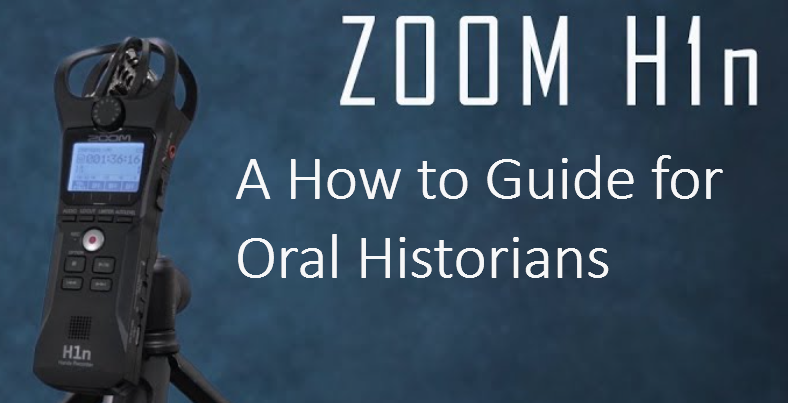
The Zoom H1n is a portable digital recorder that is popular for a variety of uses, including recording all your oral history interviews. It’s a great choice for anyone who needs a high-quality portable recorder. It is easy to use, produces excellent sound quality, and is very affordable. In this series, we’ll look at a…
-
Top 5 Tips on How to Make the Most of your interviews Using Microsoft Teams
Of course, conducting interviews via Microsoft Teams also requires some preparation and best practices. Here are some tips to help you make the most of your online interviews using Microsoft Teams – Test your equipment and internet connection before the interview. Make sure your camera, microphone, and speakers are working properly and that you have…
-
Zoom H1n Review For your Oral History Interviews
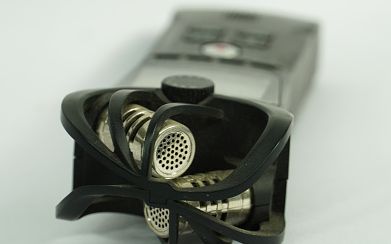
There are a number of recorders that can be used to record your oral history interviews and choosing the best voice recorders will depend on a lot of factors. Zoom H1 has been the choice of many oral historians due to its small size and simplicity, but the evolution continued. Zoom has since then introduced…
-
Top Tips on How to Ask Questions in An Oral History Interview
In oral history, interviews are important as they can convey personality, explain motivation, and reveal inner thoughts and perceptions. To some extent an interview may serve as the only source of information available about a certain event, person or period of time. This is why it is vital that an interviewer/oral historian be well prepared…
-
Top Tips on How to Record your Oral History Interviews in a Noisy Environment
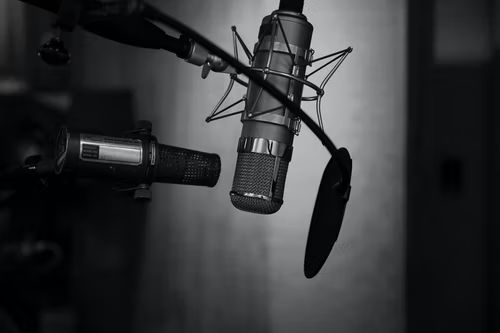
An oral history interview recorded in a noisy environment is a nightmare to anyone who has to listen back to the recordings, especially anyone given the task to transcribe the audio. It’s a fact that sometimes researchers require transcribers to perform miracles and turn poorly recorded data into immaculate transcripts. As transcribers, we would love…